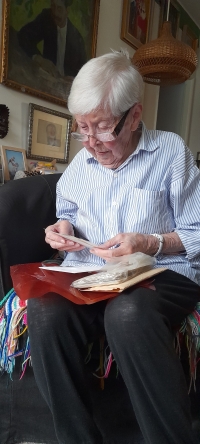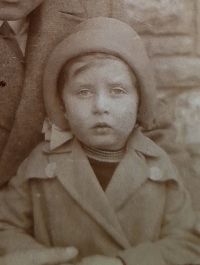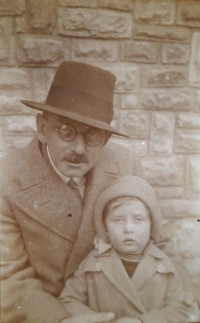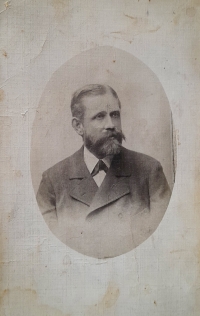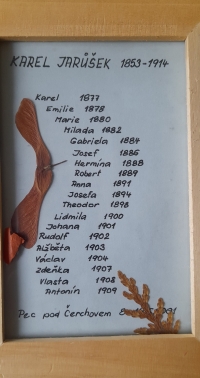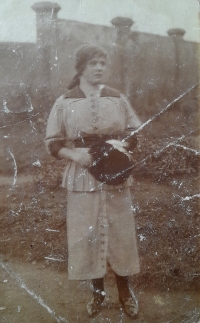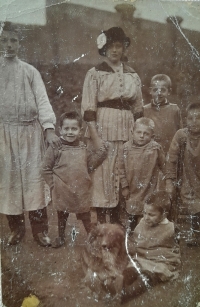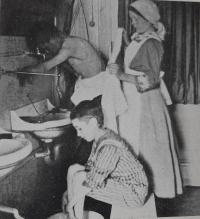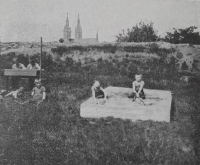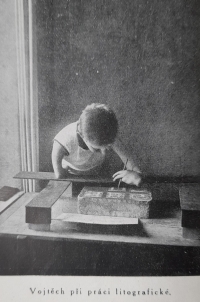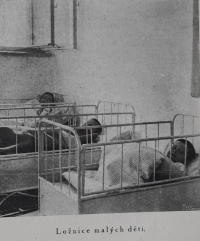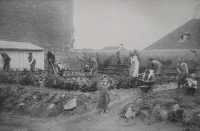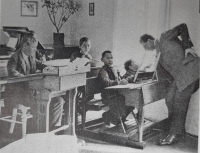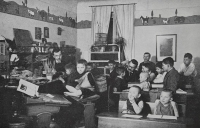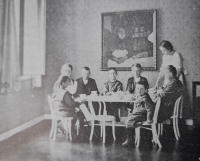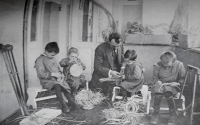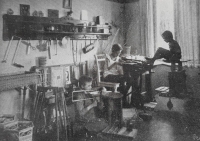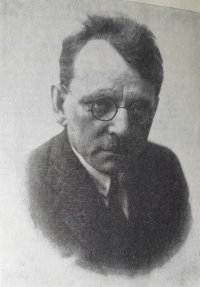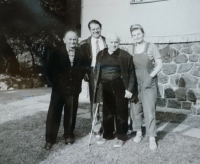Those who did not know them personally could not know how tough, interesting and intelligent
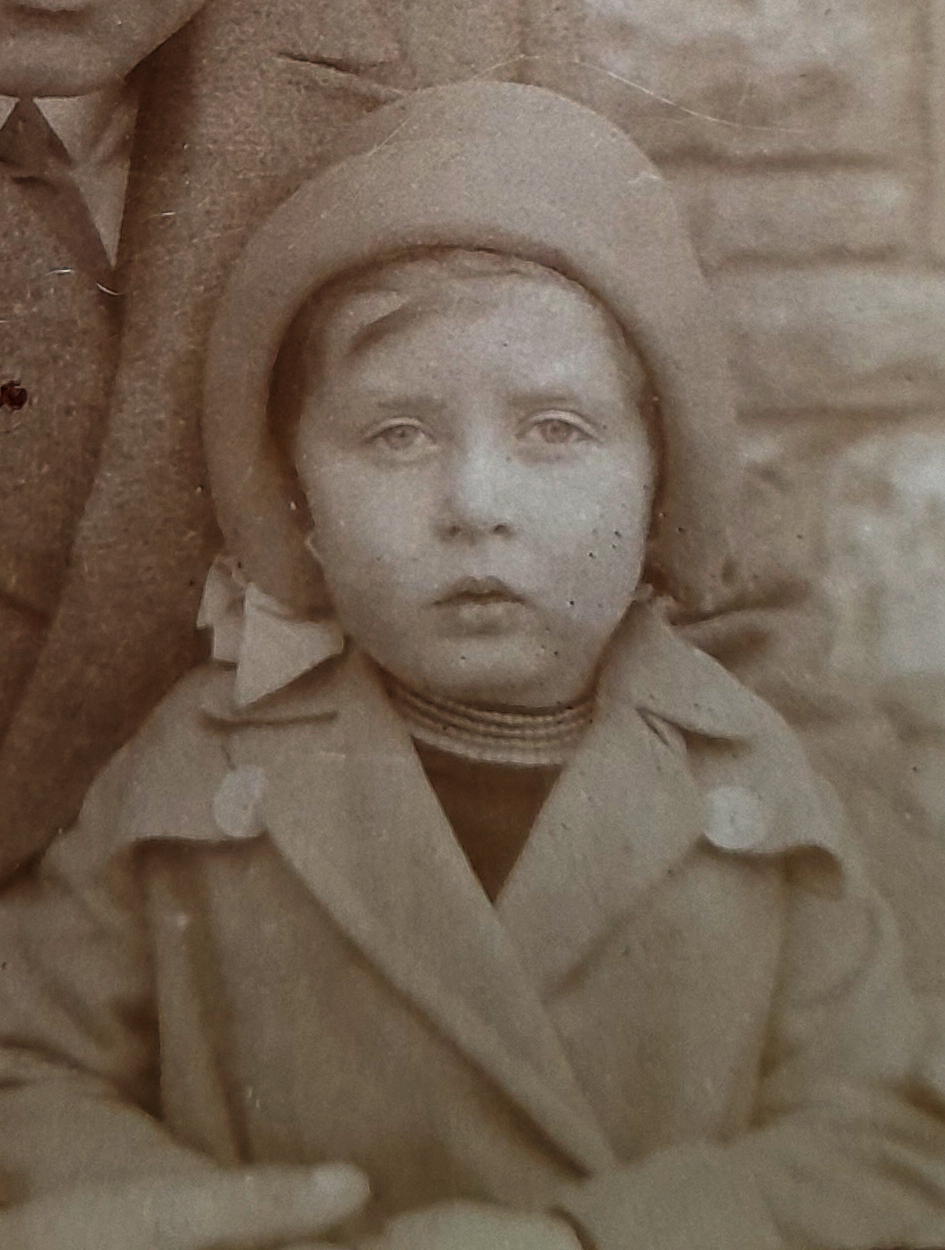
Download image
Danna Ottová, née Jarůšková, was born on February 9, 1928 in Prague into the family of Rudolf and Marie Jarůšek. She had an atypical childhood, because since being born she grew up with her parents in Bakule’s Institute for Education through Life and Work, where disabled children lived. Danna’s parents met at Jedlička’s Institute, where her father had lived since he was 11 years old, when his leg got damaged as a result of a severe accident. Danna’s mother had worked there as a helper with the children since she was 15. Around 1920 they both moved with František Bakule to his newly established institute, which was closed in 1933. Danna talks about her childhood spent in the institute and about František Bakule’s contribution to disabled children and adults. She also recalls the war, which she and her parents lived through in Prague Podolí, and partly with her relatives in the village of Bzí near Železný Brod. In May 1945, they escaped by a hair’s-breadth a massacre carried out by the Germans on the inhabitants of the house in which they also lived. In 1950, Danna Ottová graduated as a teacher and taught at an elementary school all her life. In 1950, her mother died of cancer; her father outlived her by 34 years. With her husband, Jiří Otta, Danna raised three sons. She was living in Prague in 2023.


